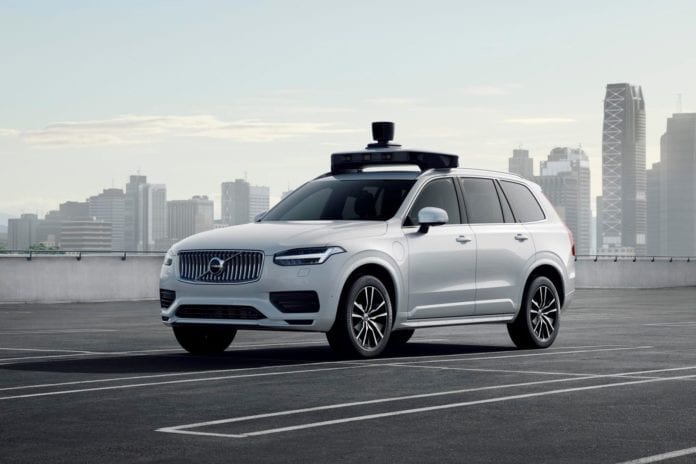The Future
The Swedish automobile innovator has been known for revolutionizing the automobile industry with its ground-breaking concepts and futuristic safety tech. Autonomous cars have been the poster boys for the ‘future’ since forever. With Volvo’s collaboration with Luminar, the future might soon be now.
Luminar is a promising start-up pioneering LiDAR tech, abbreviated for Light Detection and Ranging. It is a method for measuring distances by illuminating the target with laser light and measuring the reflection with a sensor. The partnership will deliver Volvo’s first fully self-driving technology for highways and paves the way for future active safety developments. LiDAR equipped cars are expected to hit the roads by 2022.

“Autonomous drive has the potential to be one of the most lifesaving technologies in history, if introduced responsibly and safely,” said Henrik Green, chief technology officer at Volvo Cars, at the recent press release.
The Plan
All of Volvo’s cars based on the SPA2 modular architecture will be equipped with the LiDAR sensor. The Volvo Scalable Product Architecture (SPA) platform is a global full-size unibody automobile platform developed and manufactured by Volvo Cars. The sensor, seamlessly integrated into the roof, will enable the autonomous drive to be a stock functionality.
The 2023 XC90, one of the more awaited models from Volvo, is scheduled to release in 2022, and is expected to be one of the starters of the next-gen Volvo, sporting an SPA2 framework. The Polestar 3 and XC40 Recharge, the company’s electric frontiers might also be a part of the autonomous movement.

“Volvo is recognized as the pioneer of automotive safety, having driven standardization across the industry for the most advanced life-saving technologies,” said Austin Russell, founder and CEO of Luminar. Autonomous cars don’t just remove human effort from the picture. They minimize human error as the sensors don’t get tired or distracted, save fuel as they can already foresee the road conditions and optimize the engine, braking and fuel system automatically.
Volvo has made use of LiDAR tech before as well with the ‘city sense’ feature which headlined their cars, back in 2006 (more on Volvo’s website here). The ‘city sense’ feature helped avoid pedestrian accidents at low-speeds which reinforced one of Volvo’s biggest selling points, it’s safety. Throughout the self-driving pursuit, safety has been its number one priority. Soon enough, Volvo’s execution will be out in the open for us to judge. Nevertheless, it sure is an exciting future for the automobile industry!
Further Reading:


